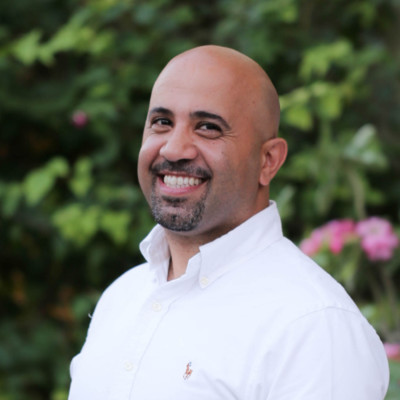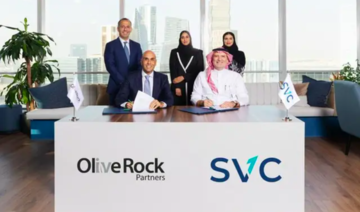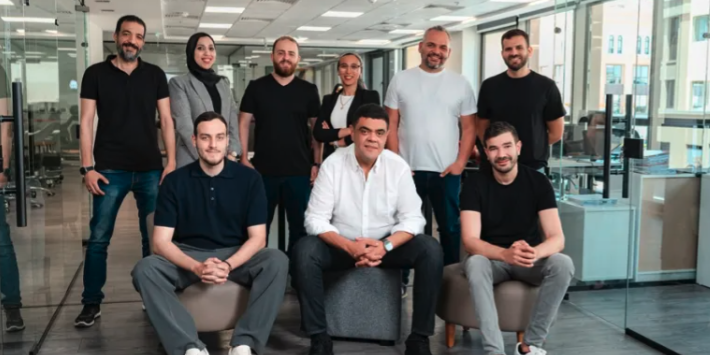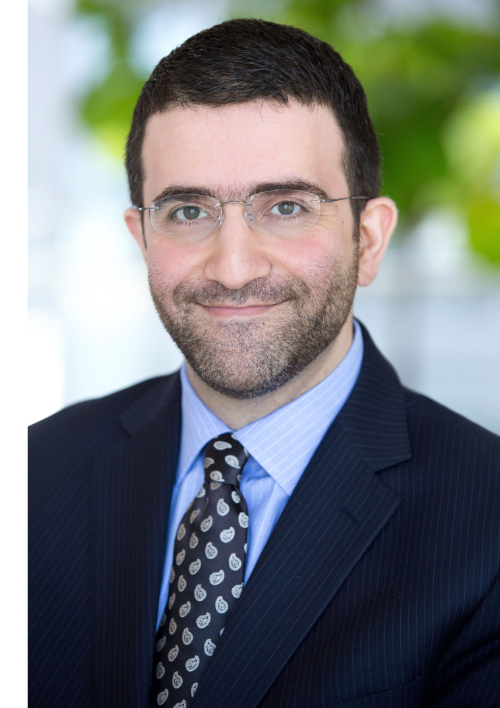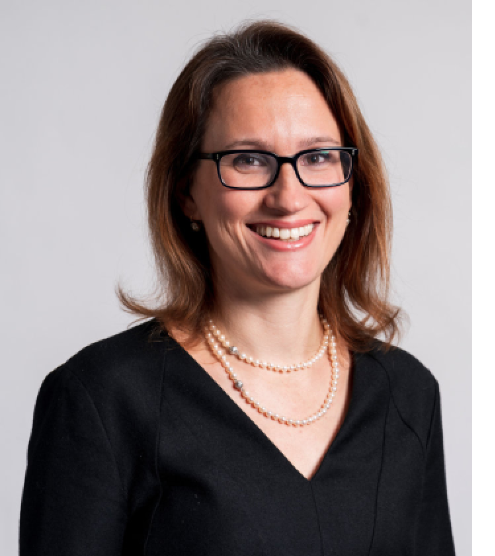A global financial center requires many things, such as efficient and well-regulated markets, a legal infrastructure, a professional investment community and adequate liquidity.
But any aspiring financial hub with ambitions to take on the big players in New York, London and Tokyo also needs a social and recreational culture to attract the financial professionals who work there.
After all the hard work making money all day, the “masters of the universe” want somewhere to wind down, entertain business contacts and network with fellow professionals. They want a club.
The great financial hubs of Manhattan’s Wall Street, the Square Mile of the City of London and Tokyo’s Marunouchi district are rich in club culture, with facilities ranging from fine dining establishments to more casual bars and wind-down venues.
Hussain Sultan Al-Junaidy, with decades of experience in the UAE business scene, understands the need for a social culture to complement the business environment.
“I’ve always been an active member of the business community and involved in several business clubs in Dubai,” he told Arab News.
Al Junaidy — who began his career in the oil industry, and was the first group chief executive of the Emirates National Oil Co. (ENOC) shortly after the UAE’s creation in 1971 — was involved in the first proper business club in the country, the Passport Club by Dubai Creek, as well as the club in the World Trade Center that was launched a decade later.
By 2006, the Dubai International Financial Centre (DIFC) had been running a couple of years, and needed a social and networking environment to go along with the modern architecture and international regulatory structure.
The idea for Capital Club Dubai was born, and the venue — on five floors of a building in Gate Village — opened its doors two years later.
BIO
BORN: Abu Dhabi, 1938
EDUCATION:
- Glasgow University, bachelor of science
- Graduate School of Business, University of Pittsburgh, US
CAREER:
- Gulf CEO, Caltex (now Chevron)
- Group CEO, Emirates National Oil Co.
- Executive chairman, Dragon Oil
- Deputy chairman, Dubai Investments
- Chairman, Riverside Investments
- Chairman, Capital Club Dubai
Al-Junaidy was a founding member and had a seat on the governing board. “It was a good club. It offered meeting rooms, restaurants and leisure facilities for members, and was a good networking place,” he said.
Membership — an eclectic mix of nationalities and professions, with an emphasis on finance and investment — reached a peak of about 1,300 soon after.
But with the global financial crisis and the shock to regional economies from the oil price collapse in 2014, it fell to the current level of around 1,000 over the next decade.
Ian Palmer, the general manager after a long career spent at the top of the London club scene, explained that such a drop off in membership was not unusual in the business. “You always need to reinvent yourself every so often in this world,” he said.
Capital Club Dubai was owned 51 percent by Signature Clubs International (SCI), which also has clubs in Bahrain and Africa.
SCI managed the Dubai club in return for a fee agreed when it was first set up, but which proved to be increasingly onerous as the years passed.
The club leased its premises from the DIFC at a rent also agreed back in the early days. One big problem for the club under SCI management was the third floor.
Various formulas were tried to make it work as a standalone restaurant but none succeeded, and the empty space was another drain on the club’s finances.
Al-Junaidy had been watching events unfold with an increasing level of anxiety. He was a near 5 percent shareholder, along with nine other original investors who made up 49 percent, but who found themselves in a permanent minority and unable to exercise any real influence on the club’s financial affairs. “I’d made my concerns apparent as a good shareholder and member,” he said.
The crunch came when the club needed vital funds to keep its doors open and finance its first refurbishment in a decade of operations. SCI was unable to provide the required funding, so Al-Junaidy stepped in to save the day.
“Imagine if the club closed, what that would mean for the reputation of the DIFC, Dubai and the business community here,” he said.
“I told SCI I could help but these are the conditions: Cancel the management contract, revise the shareholder agreement and raise 30 million UAE dirhams ($8.16 million) to pay for a refurbishment that the premises need. The existing majority shareholder will be left with 5 percent, which we think is amicable,” he added.
“And there would be an active board, chaired by me. This club has to start again now, under new management, with me as executive chairman.”
He called in Emirates Capital, a DIFC-regulated financial advisory firm, to help with a private placing of shares to raise the new money.
Under the terms of this fundraising, members and new investors regarded as suitable by Al-Junaidy and his team will be asked for a minimum of $136,240 each to meet the financial requirements of the club for the next five years.
That fundraising is currently underway, on a schedule that closes next May. The new structure has been explained to members and potential investors in a series of “town hall” gatherings at the club.
The plan has been met with apparent enthusiasm, and the full requirement has virtually been met already.
“We’re all positive. We’ve told the members that we require their participation and support. I have every confidence that it will be forthcoming,” Al-Junaidy said.
“I told them gone are those old days, and I also promised them that from now on there would be full transparency and governance.”
Under the new structure Al-Junaidy, who has already personally put some 11 million UAE dirhams into the club, will end up a 30 percent shareholder; SCI could have around 5 percent, though discussions are still ongoing about its ultimate level of investment; and other member investors have the opportunity to buy a 5 percent stake.
One possibility under consideration is for a big overseas investor to come in as a substantial shareholder, though that plan is still subject to negotiation with Al-Junaidy and his team of advisers.
“I’m determined that even if I have to raise the money from Timbuktu, I’ll make it a great success,” he said.
The new investors will get lifetime membership of Capital Club Dubai, discounts on food, beverages and accommodation, and access to around 100 other clubs with which it has reciprocal membership arrangements.
They will get a refurbished club in the heart of the DIFC, which Palmer says he hopes will be something like “a cross between the Groucho and Brook’s,” in reference to two of the leading London clubs.
The problematic third floor has been turned into a sports bar and restaurant, under club management for the first time in years.
New investors also stand to get a return on their investment. Financial projections that accompany the share placing prospectus — based on “conservative” estimates, according to advisers — show consistently rising revenue from membership dues and food and beverage operations over the next five years.
Al-Junaidy firmly rejects suggestions that Capital Club Dubai’s financial challenges reflect problems in the emirate’s economy or at the DIFC, which had been “cooperative,” agreeing a new rental agreement at a lower rate for the next five years.
“The UAE is part of the global economy, and of course faces the same challenges as the rest of the world. But it has proved over decades that it can successfully overcome these,” he said.
“The DIFC in particular has weathered the storms of the global financial crisis and the oil price crash, and has gone from strength to strength, as you can see from the record number of firms setting up in the center. It’s now the leading financial hub of the region, and one of the biggest in the world.”
The attractions of the DIFC as a social and financial hub have also lured another big London institution to the UAE.
The 157-year-old Arts Club is planning to open its doors next year, a move Al-Junaidy approves of, although it is a social and cultural venue rather than a business club.
“We welcome competition. It’s good for us. There has to be continuous improvements and new ideas,” he said.
Business clubs are taking off elsewhere in the region. Library House, the first exclusive club for businessmen and women, opened in Riyadh’s financial district recently. There are also believed to be plans for a Capital Club Dubai-type facility in the Saudi capital.
Al-Junaidy expects significant involvement from Saudi investors in the new-format Capital Club Dubai, which will offer special membership categories to citizens of other Gulf Cooperation Council member states as well as to international visitors to the UAE.
“After 11 years, the Capital Club is opening up the next phase. It has to be restructured, reformed and rejuvenated to make it a vibrant place. I’m determined to make this club the best it has ever been,” he said.









